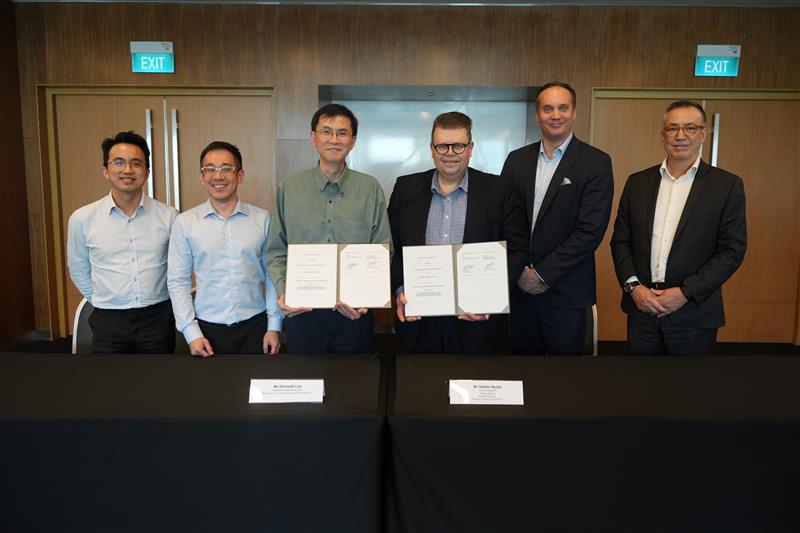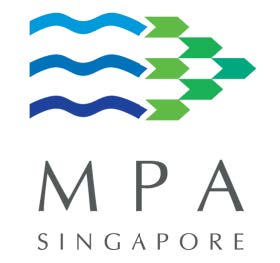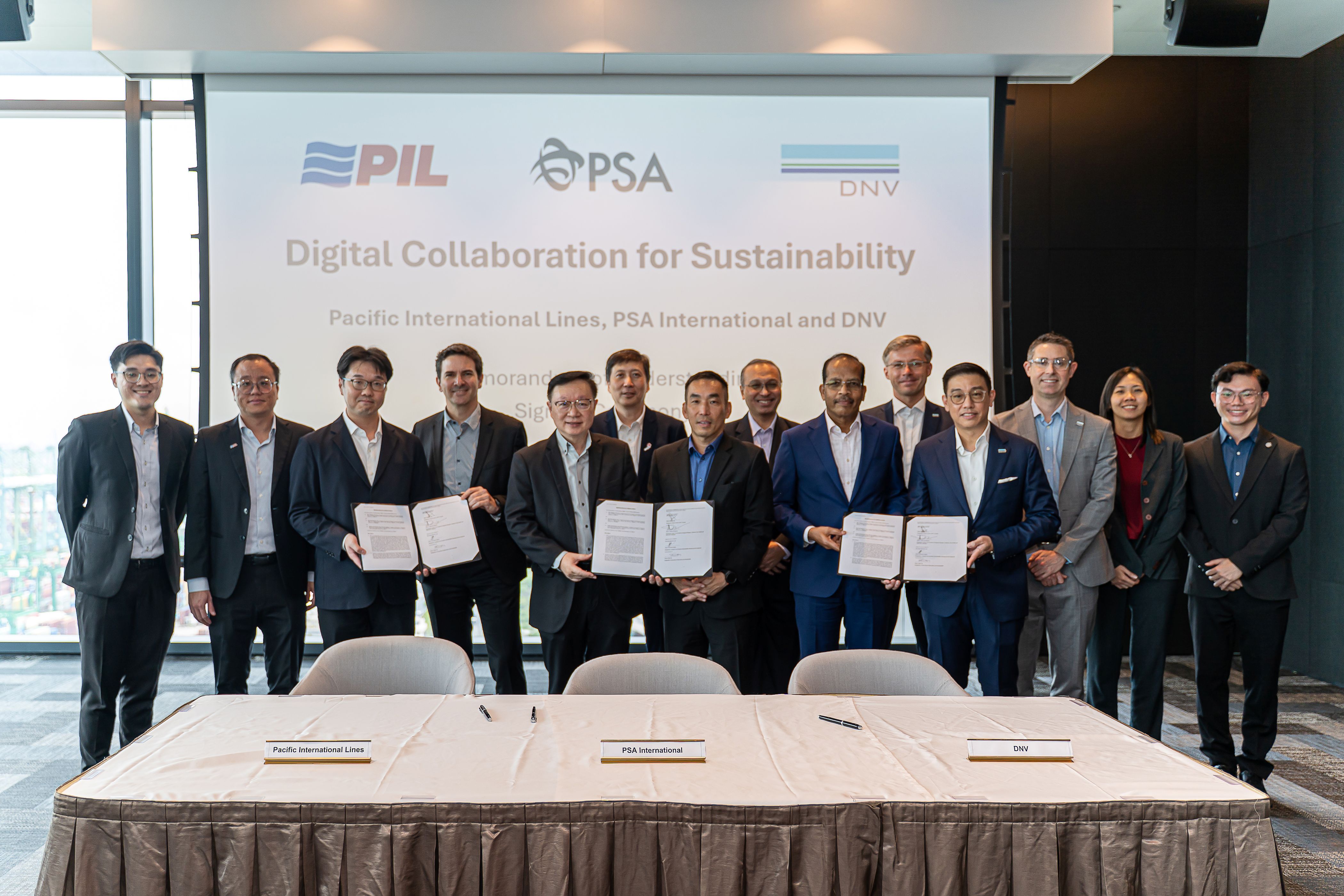
The IMO Marine Environment Protection Committee (MEPC) held its 74th session from 13 to 17 May 2019. The meeting was significant being the last MEPC session before the global sulphur cap comes into force from 1 January 2020.
The MEPC-73 in October 2018 approved guidance on the development of a ship implementation plan for the consistent implementation of the 0.50% sulphur limit under MARPOL Annex VI (MEPC.1/Circ. 878) and reporting of availability of compliant fuel oils in accordance with Regulation 18.1 of MARPOL Annex VI (MEPC.1/Circ.880).
During this session, the MEPC-74 approved and adopted a comprehensive set of guidance and guidelines to support the consistent implementation of the lower 0.50% limit on sulphur in ships’ fuel oil. These are listed below for members’ reference.
1) adopted Res. MEPC.320(74) on 2019 Guidelines for consistent implementation of the 0.50% sulphur limit under MARPOL Annex VI.
These are intended for use by flag states, PSC, shipowners/operators, shipbuilders and fuel oil suppliers to ensure consistent implementation. The content of the guidelines addresses the following issues:
-encouraging development of a ship implementation plan (SIP)
-impact on fuel and machinery systems resulting from new fuel blends or fuel types
-survey and certification by flag state and control measures by PSC
-procedure of reporting and sharing non-compliance of ship or fuel oil supplier through IMO GISIS
These comprehensive guidelines include a template for a ‘Fuel Oil Non-Availability Report (FONAR)’ set out in Appendix 1 and a ‘Technical review of identified possible potential safety implications associated with the use of 2020 compliant fuels’ set out in Appendix 2.
2) adopted a resolution Res. MEPC.321(74) on 2019 Guidelines for Port State Control (PSC) under MARPOL Annex VI.
These guidelines are meant to provide updated enforcement guidance to PSC officers on verifying compliance with the various requirements in MARPOL Annex VI, particularly addressing situations on how to follow-up a possible discrepancy between the sulphur content on the bunker delivery note (BDN) and independent test results of commercial samples taken by the ship during bunkering.
A new appendix is included in the revised guidelines, providing guidance to PSC in the case that non-availability of compliant fuel is claimed by a ship using the FONAR.
3) approved unified interpretation MEPC.1/Circ.795/Rev.4 to regulation 14.1 of MARPOL Annex VI regarding application of the sulphur limit to emergency equipment, eg lifeboats and emergency generators.
4) approved 2019 Guidelines for onboard sampling for verification of the sulphur content of the fuel oil used onboard ships (MEPC.1/Circ.864/Rev.1) to mandate the designated sampling points for the verification of the sulphur content of fuel oil used on board ships.
Ships will be required to designate sampling points no later than the first IAPP renewal survey that occurs 12 months or more after the entry into force of the regulation, expected to be in 2021.
5) approved MEPC.1/Circ.881 on Notification on early application of the verification procedures for a MARPOL Annex VI fuel oil sample (regulation 18.8.2 or regulation 14.8)
It aims at ensuring a consistent approach to the verification procedures for fuel oil samples (MARPOL delivered sample, in-use and on board samples). The purpose of the circular is to facilitate the use of the procedure ahead of the entry into force of the amendments in 2021.
6) approved Guidance for PSC on contingency measures for addressing non-compliant fuel oil which will be published as MEPC.1/Circ.882.
This new circular provides guidance to the PSC, flag state, shipowners/operators and other stakeholders concerned on how the ship should handle the remaining non-complaint fuel on board after a FONAR has been submitted. In the case of non-compliant fuel oil, communication between the ship and the PSC should occur. The ship and the PSC should consider whether the non-compliant fuel oil may be discharged to the port or retained on board, considering environmental, safety, operational and logical implications. The PSC, flag state and the ship are also invited to work together to agree on the most appropriate solution to address the non-compliant fuel oil on board.
7) approved Guidance for best practice for member states/coastal states as MEPC.1/Circ.883, intended to assist Member States in carrying out their responsibilities under MARPOL Annex VI, to ensure effective implementation and enforcement of statutory requirements of that Annex mainly related to:
how to promote availability of compliant fuel oil
handling of notifications of the non-availability of fuel oil
fuel oil quality
inspection of bunker delivery notes by competent authorities
maintaining a register of local suppliers of fuel oil
Recognising the usefulness of a voluntary licensing scheme for bunker suppliers to help ensure the quality and compliance of fuel oil, a new paragraph was included recommending Member States (or other relevant authorities) desiring to do so, may decide to establish or promote a licensing scheme for bunker suppliers.
8) approved MEPC.1/Circ.884 on Guidance on indication of ongoing compliance in the case of the failure of a single monitoring instrument, and recommended actions to take if the exhaust gas cleaning system (EGCS) fails to meet the provision of the 2015 EGCS guidelines (MEPC.259(68)).
This guidance is meant for shipowners/operators, PSC and flag states on how to address scrubber malfunction as per the listed scenarios:
system malfunction that leads to emission exceedance
short-term exceedances of the applicable emission ratio
interim indication of on-going compliance in the case of sensor failure
actions to take if long-term exceedance occurs
If a malfunction occurs in the instrumentation for the monitoring of emission ratio or discharge water (pH, PAH, Turbidity), the ship should keep records of interim indication for demonstrating compliance.
A system malfunction that lasts more than one hour or repetitive malfunctions that cannot be rectified are regarded as accidental breakdown. The ship should then changeover to compliant fuel oil if the EGCS cannot be put back into a compliant condition within one hour. If the ship does not have compliant fuel oil or a sufficient amount of compliant fuel oil on board, it should be reported to the flag state and PSC along with an explanation of the steps the member is taking to address the failure. At their discretion, the flag state and PSC could take such information and other relevant circumstances into account to determine the appropriate action to take in the case of a scrubber malfunction, including not taking action.
9) approved an MSC-MEPC circular on delivery of compliant fuel oil by suppliers, subject to approval by the Maritime Safety Committee (MSC 101) in June 2019.
The draft circular says that Member States should urge fuel oil suppliers to take into account, as relevant: MEPC.1/Circ.875 (Guidance on best practice for fuel oil purchasers/users for assuring the quality of fuel oil used on board ships); and MEPC.1/Circ.875/Add.1 (Guidance on best practice for fuel oil suppliers for assuring the quality of fuel oil delivered to ships).
10) approved, in principle, a new output on ‘Evaluation and harmonization of rules and guidance on the discharge of liquid effluents from EGCS into waters, including conditions and areas’.
Due to the differing views on the environmental impact of the scrubber wash-water and the evidence available on its impact, MEPC-74 approved this new output for PPR Sub-Committee with a target completion year of 2021, reporting back to MEPC at a subsequent session. To support this work, a Group of Experts on the Scientific Aspects of Marine Environmental Protection (GESAMP) was asked to establish a task team to assess the available evidence relating to the environmental impact of discharges of exhaust gas cleaning system effluent, with a view to reporting its findings to PPR 7.
Source: The Standard Club
The opinions expressed herein are the author's and not necessarily those of The Xinde Marine News.
Please Contact Us at:
admin@xindemarine.com


 Baltic Exchange launches new Fuel Equivalence Conve
Baltic Exchange launches new Fuel Equivalence Conve  21 Consecutive Years of QUALSHIP 21 Recognition for
21 Consecutive Years of QUALSHIP 21 Recognition for  MPA and Wärtsilä Renew Partnership to Drive Marit
MPA and Wärtsilä Renew Partnership to Drive Marit  MPA and Dalian Maritime University Renew Partnershi
MPA and Dalian Maritime University Renew Partnershi  PSA INTERNATIONAL, DNV AND PACIFIC INTERNATIONAL LI
PSA INTERNATIONAL, DNV AND PACIFIC INTERNATIONAL LI  INTERCARGO Reaffirms Call for Simplicity as IMO Cli
INTERCARGO Reaffirms Call for Simplicity as IMO Cli